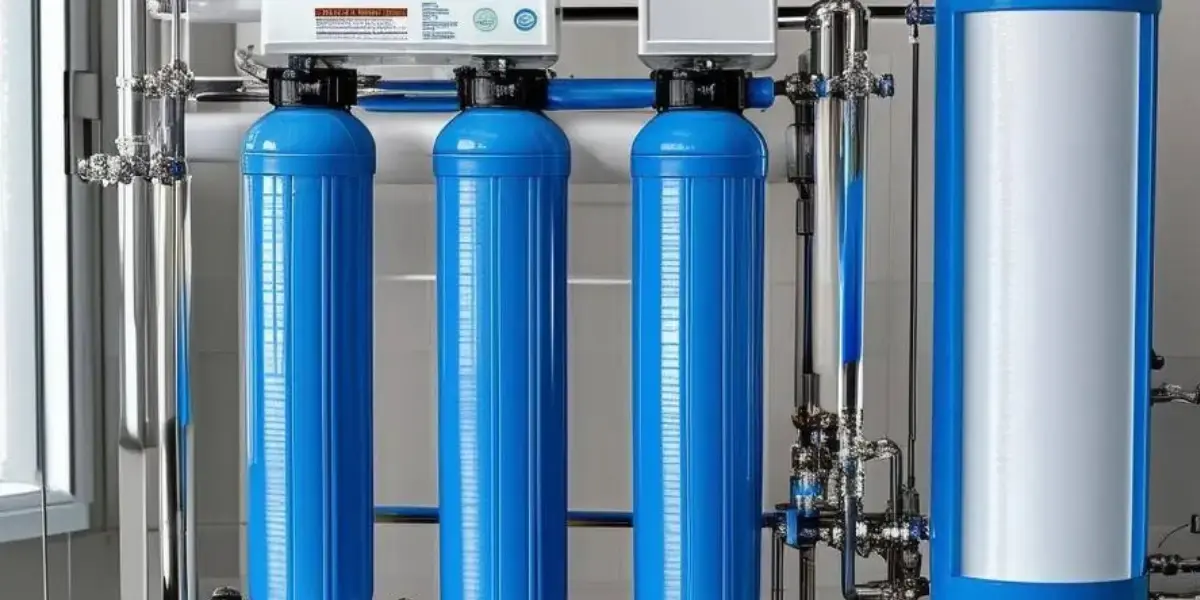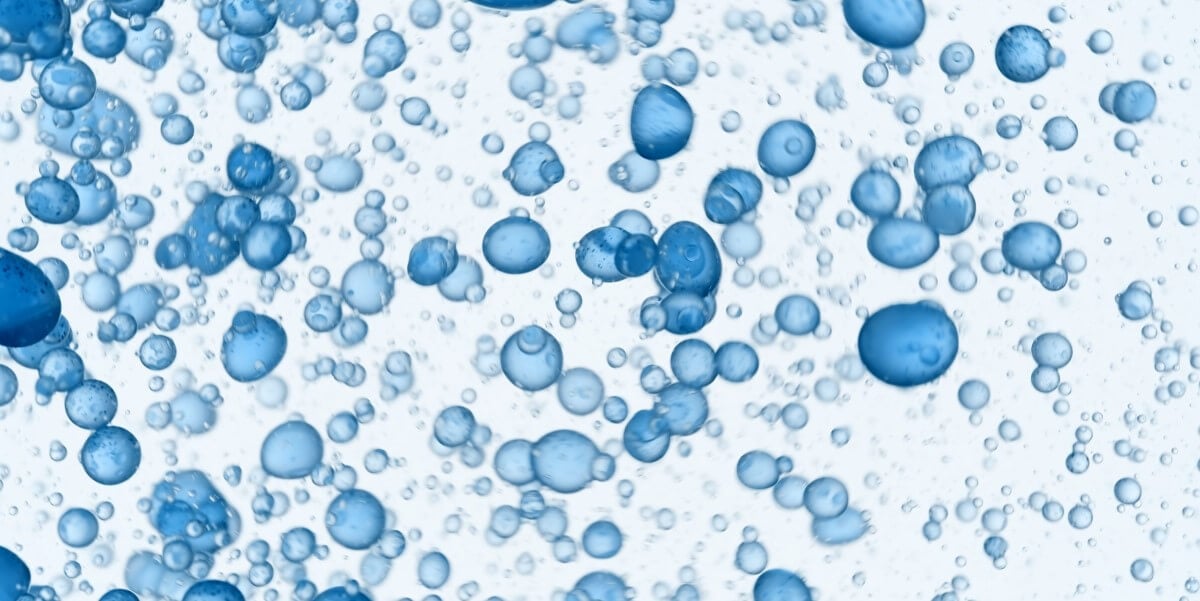Improving water hygiene in buildings; 3 real-world examples
Improving water hygiene is a major challenge for many sectors in the post-Covid era. Compliance demands are mounting, the complexity of our estates is growing, and the resources we have to manage them are tightening.
Guarding against the risk of Legionella is top of mind for many as we bring workers and customers back into buildings unused for so long. At the same time we need to ramp up protections for vulnerable people in our care following the pandemic.
Traditional generic or “one size fits all” services are failing to provide the sophisticated insight required to guarantee long term water safety. Businesses need peace of mind that regulation will be met, while keeping occupants of their estates safe and well in the most cost effective and sustainable way possible.
What sort of hygiene programme do you need?
Every business has different needs. Large corporate operations with multiple buildings, complex layouts and ageing pipework face particular challenges. 'One size fits all' plans and training just don't fit the bill.
Businesses need managed water hygiene programmes that are devised to meet their specific needs through delivering;
- Legionella Risk assessments
- Remedial engineering services
- ACoP L8 compliance and training
- Regular sampling and analysis,
- Tank inspections
- System flushing
- Cleaning and disinfection services
- Critical asset management and data flow
If we get these challenges right, we will not only create safer spaces for workers and occupants, but more efficient operations overall, freeing up more resource for investment elsewhere.
Here are three case studies where the specialists WCS created bespoke water hygiene management plans that met the needs of complex organisations faced with big challenges:
CARE HOME GROUP, UK WIDE
This fast-growing residential care network offers nursing care, dementia care, palliative care, respite and resident-for-a-day services in a range of buildings across the UK. A new Head of Property Services had been appointed and they wanted to change the bundled arrangements to have direct access to a new outsourced hygiene specialist.
A team from WCS was brought in to provide transparency over risk management and compliance.
The team put together a comprehensive 100-day plan to perform Risk Assessments and Legionella Control Reviews across the portfolio, identifying sites with the greatest risk.
The team flagged remedial work by priority and laid the foundations for optimised Legionella risk and hygiene control standards across the Group. The plan incorporated:
- Regular Risk Reviews
- Inspection of water storage tanks
- Monthly water temperature and mixer tap monitoring
- Flushing, cleaning, de-scaling of critical assets
- Disinfection of showers
- Ongoing testing, sampling and reporting on general water qualiy and Legionella risk
The care home operator now has full visibility of risk across the estate via the WCS Group Portal.They have a prioritised and justified list of remedial major plumbing works that will bring greater efficiency to their operations. And they’ve formulated a plan to bring the Group up to ‘best in class’ sector benchmarks.
As part of the programme WCS conducted accredited Legionella awareness training for 250+ site managers and maintenance staff. The aim is for long term and sustainable change.
NHS HOSPITAL TRUST, SOUTH LONDON
This large NHS Hospital Trust in London put out a 5+2 year tender for Water hygiene and Legionella control contract. They were looking for innovative thinking to solve quality, cost and efficiency challenges across their estate.
Above all, they needed to deliver the ‘highest standards’ of hygiene risk management and water safety – across the entire estate, including managing hydrotherapy pools and high-risk critical care wards.
The scale of the challenge required WCS to install a full-time team on site (including Project Manager, Technicians and Water Engineers). They were supported by water and air specialists , Risk Assessors and a WCS Group Manager who sat on the Water Safety Group as a Principal Hygiene Advisor. The WCS team now has ultimate responsibility for ensuring the entire estate maintains outstanding water safety and related hygiene and sets new standards for other NHS Trusts to replicate.
- Conduct Risk Assessments
- Reviews and Legionella Risk Assessments
- Sample and test for Legionella, Pseudomonas Aeruginosa, TVC, E-coli, Coliforms, Endotoxins
- Inspect, clean and disinfect water storage tanks
- Identify root cause of Legionella risk and remove equipment, such as dead-legs Provide comprehensive and refresher Legionella training
- Manage all Log Books
- Introduced a new electronic asset management system
- Inspect, clean and manage all showers and TMVs
Since the WCS team have been working with the hospital trust, the quality of water has improved significantly and in a measurable way. The trust is progressively meeting its objective to be pioneers of new standards of water, hygiene and safety.
The WCS team's expertise and their holistic water management plan is uncovering historic plumbing and assets which represent risk or potential risk to patient safety.
They are being isolated and safely removed while simultaneously increasing system efficiency, lower operating costs and improving hygiene.
The estate is now on course to be ‘outstanding’ in respect of its approach to water quality, hygiene and air quality.
HOTEL CHAIN - WITH 500 SITES NATIONWIDE
This hotel group has 500+ UK sites in its portfolio. The company is building new sites and renovating many in a major refurbishment and upgrade programme.
When WCS first worked with them they needed to complete Risk Assessments and Legionella Risk Assessments to get full visibility of risk and assemble a prioritised schedule of remedial works (including major plumbing/re-engineering requirements). This would allow them to pursue new, consistent and higher standards in water quality necessary to:
- Meet their compliance challenges
- Enhance the guest experience
- Cut unnecessary system operating expenditure
The team from WCS set to work. They conducted Risk Assessments for 270 prioritised sites within the first 180 days. They provided the business with full visibility of risk and flagged/ prioritised remedial works to
- Improve water quality
- Enhance water and air hygiene
- Reduce heating and cooling system inefficiency
Now, a full programme of ongoing water management maintains quality and hygiene standards across the estate, while training workers makes for longer term, more sustainable risk management around water quality.
WCS currently:
- Manages all water and air hygiene standards and compliance
- Cleans and disinfects 27,000+ showers every year
- Monitors and manages 18,000 TMV every year
- Handles tank inspections, re-lining cleaning and disinfecting
- Identifies, reports, eliminates sources of bacteria and Legionella risk
- Provides due diligence on new-build heating/cooling and hygiene issues
- Trains all staff in respect of Legionella risk
Associated plant and equipment are audited, ensuring they perform to pre-agreed KPIs recorded via an electronic Log Book system.
The hotel group has replaced a reactive approach to water hygiene challenges with an intelligent, planned maintenance strategy. It is safer, more efficient and cost effective as a result. Water quality has been enhanced and water hygiene is tightly managed.
WCS continues to assist the Group as they build and operate new hotels, meeting and maintaining exacting hygiene in accordance with guidelines and business KPIs.
Conclusion
Managing water hygiene and risk management across large and complex estates is a tall order. Without specialist support, companies can find themselves at best distracted from their other business aims, and at worst failing to meet the ongoing demands of maintenance and compliance. This, in turn, can result in incidents causing illness and death, with the consequence of heavy fines and even imprisonment for building operators.
You can’t rely on general support to meet the exacting demands for water hygiene in large health care and other settings. And you can’t tackle risks and maintenance challenges in isolation if you want to deliver long term, sustainable solutions. The cost of managing a reactive approach can weigh heavy on an organisation. But without the insight and experience to risk assess sites, identify and prioritise required remedial engineering work, you’ll never be able to gain control and plan a better, more efficient strategy.
As these three examples show, taking a holistic approach and partnering with a trusted team of experts can deliver long term quality and cost benefits for organisations. As we enter more challenging compliance and commercial conditions post-Covid, choosing the right partner to deliver on water hygiene requirements is more important than ever.
Topics: Water Treatment & Hygiene

Written by Jon Greaves
Jon has progressively worked through operational roles, account management, technical management, and senior management roles over the last 16 years within one of the group companies before moving into the role of Water and Air Managing Director. Jon has experience across multiple sectors of water and air compliance, including district energy networks; data centres; healthcare; food and beverage and facilities management. Jon acted as a corresponding steering committee member on CIBSE CP1 – Heat Networks Code of Practice for the UK released in 2020.



